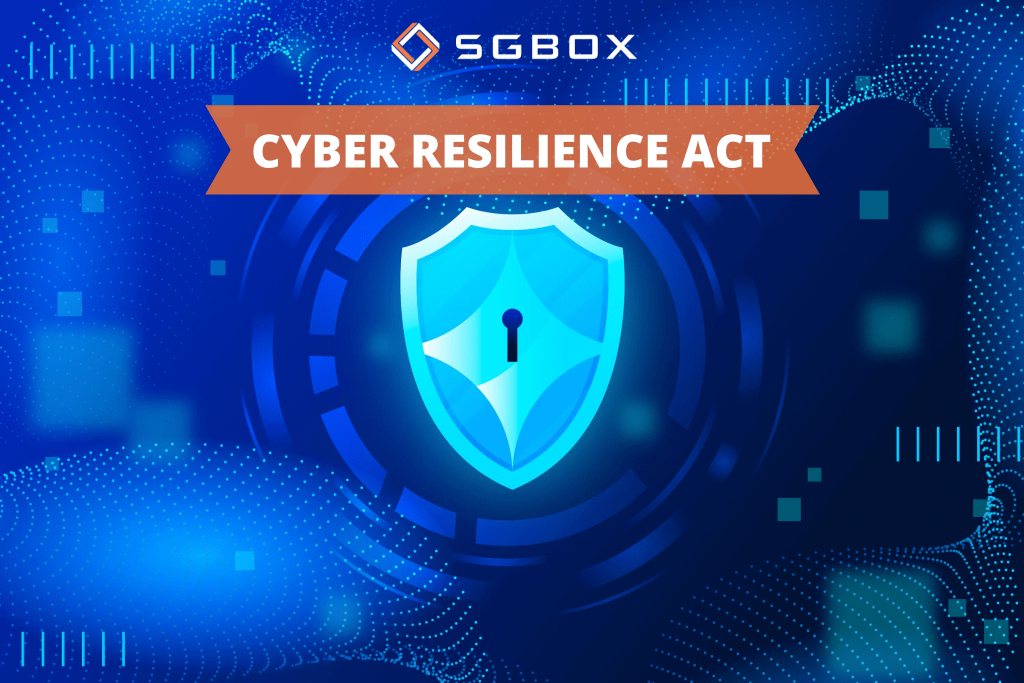Cyber Resilience Act: what Impact does it have on businesses?

The Cyber Resilience Act marks a significant step towards creating a more secure and resilient digital environment.
In a context where cyber threats are constantly increasing, understanding this regulation becomes crucial to elevate the company’s security posture.
In this article, we will explore in detail what the Cyber Resilience Act is, what its implications are, and how businesses can prepare to comply with it.
What is the Cyber Resilience Act?
The Cyber Resilience Act is a legislative proposal by the European Union designed to enhance the cybersecurity of digital products and services.
Its introduction aims to ensure that devices and applications are designed and developed with a specific focus on security, thereby reducing the risk of cyberattacks and increasing the resilience of critical infrastructures.
The Objectives of the Cyber Resilience Act
- Improving Product Security: the regulation establishes security requirements for connected products, requiring manufacturers to integrate protective measures from the design stage.
- Promoting Transparency: companies will have to provide clear information about the security of their products, enabling users to make informed choices.
- Strengthening Resilience: the Cyber Resilience Act aims to ensure that companies are able to respond to and recover quickly from any cyberattacks.
What Does the CRA Mean for Businesses?
Compliance Requirements
Companies will need to adapt to new compliance requirements, including:
- Risk Assessment: businesses must conduct regular risk assessments related to the security of their products.
- Security Certifications: it will be necessary to obtain certifications that confirm compliance with the security requirements set by the regulation.
- Updates and Maintenance: products must be regularly updated to address new vulnerabilities and threats.
Economic Implications
Implementing the Cyber Resilience Act could involve significant initial costs for companies, especially for those that have not yet invested in cybersecurity measures.
However, in the long term, adopting more robust security practices can reduce the costs associated with cyberattacks and increase customer trust.
Impacts on the Italian Industrial Sector
The Italian industrial sector, characterized by a strong presence of SMEs, will face specific challenges:
- Training and Awareness: it is essential for companies to invest in staff training to ensure they understand the importance of cybersecurity.
- Collaboration with Experts: companies may need to collaborate with cybersecurity experts to implement the necessary measures and ensure compliance.
How to Prepare for the Cyber Resilience Act
- Evaluate the Current Security Situation: conduct a thorough analysis of current security measures and identify areas for improvement.
- Invest in Security Technologies: consider adopting advanced technological solutions such as firewalls, intrusion detection systems, and encryption software.
- Train Staff: organize training courses to raise employee awareness of cyber risks and best security practices.
- Establish an Incident Response Plan: Develop a detailed plan to quickly respond to any security breaches.
Supporting Regulatory Compliance with SGBox
SGBox assists companies in achieving compliance with privacy regulations by providing specific tools and expertise.
Thanks to its advanced security information collection, analysis, and management capabilities, the platform enables proactive prevention and monitoring measures to actively respond to cyber threats.
Here’s why you should rely on SGBox:
- Protection of collected data
- Real-time visibility of the network security status
- Timely anomaly reporting
- Incident response plan




